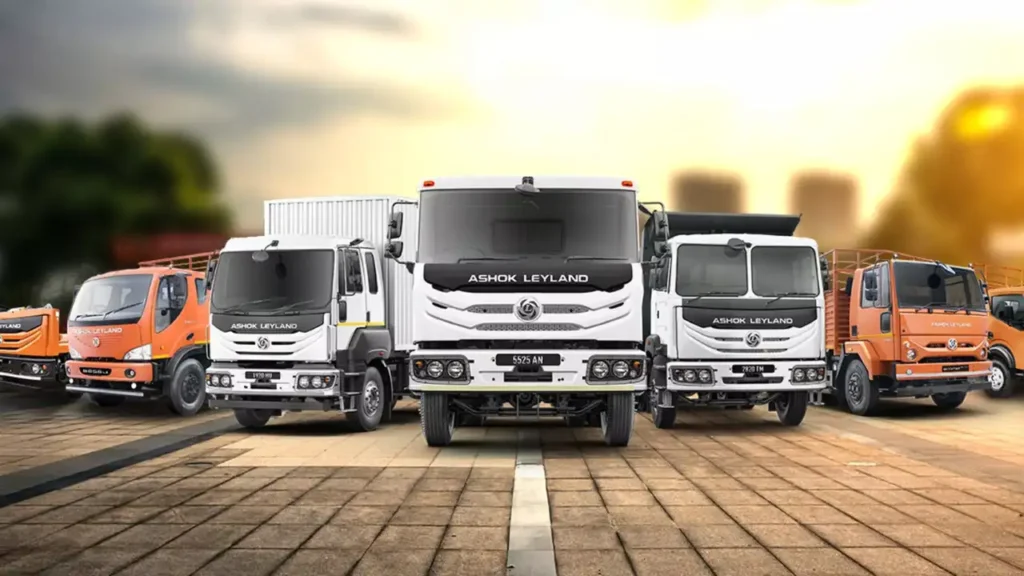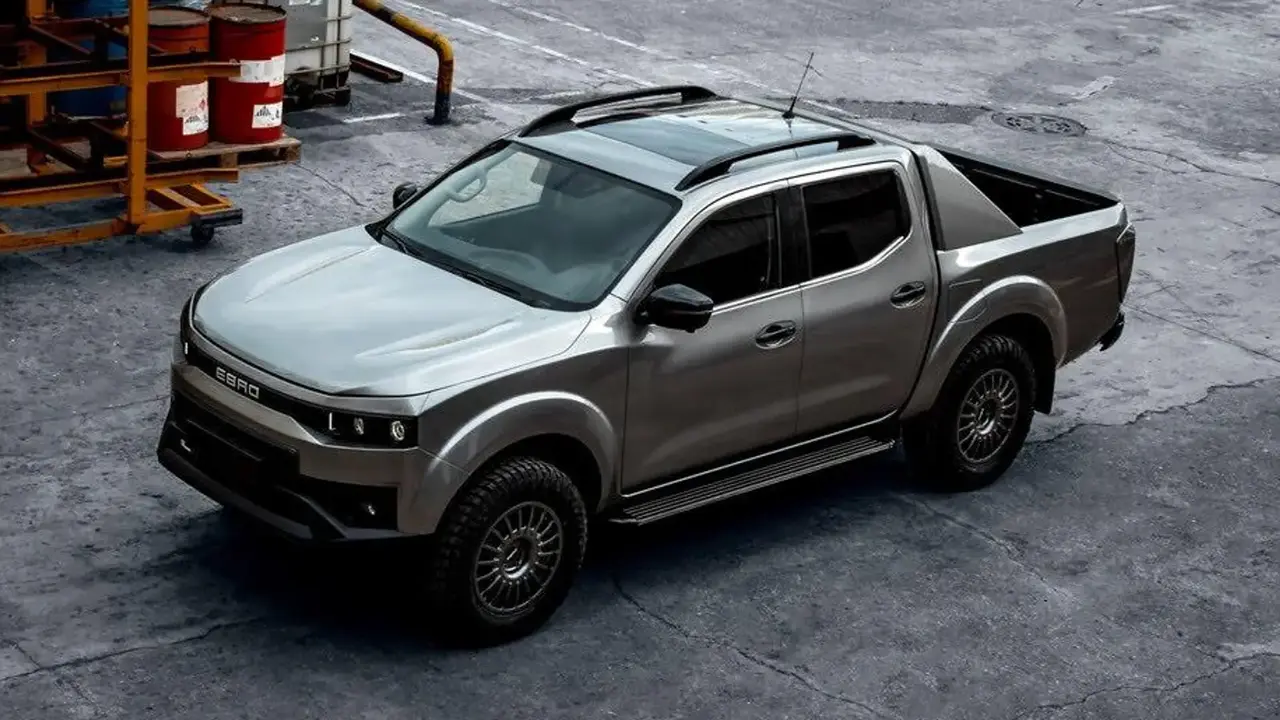Ashok Leyland, one of India’s leading commercial vehicle manufacturers, has announced that it will be increasing the prices of its trucks this fiscal year. This move is expected to impact the pricing dynamics in the commercial vehicle segment and could have significant implications for both buyers and the broader transportation industry.
Why Are Ashok Leyland Trucks Getting Costlier?
The price hike is primarily attributed to rising input costs, which have been a growing concern for automakers globally. Ashok Leyland, like many of its competitors, has been grappling with higher costs for raw materials such as steel, aluminum, and other critical components. In addition, the cost of logistics and labor has increased, further squeezing margins for manufacturers.
In recent months, the global supply chain has been under strain, and this has made it increasingly difficult for companies to maintain their production costs. To offset these rising expenses, Ashok Leyland has opted to raise the prices of its trucks. The company’s decision reflects a broader trend within the automotive industry, where manufacturers are being forced to pass on some of the additional costs to consumers.
The Impact on Buyers
For potential buyers of Ashok Leyland trucks, the price increase could be a significant factor in their purchasing decisions. Small and medium-sized transport businesses, in particular, may feel the pressure, as the rise in truck prices could affect their overall capital expenditure plans. In a sector where profit margins are already thin, the added cost could reduce profitability for transport operators.
However, the impact of this price hike will not be the same for all consumers. While some operators may choose to delay their purchases or seek alternatives, others might find the value proposition of Ashok Leyland trucks too compelling to ignore. The company is known for its durable and fuel-efficient vehicles, and for many buyers, these qualities may outweigh the additional cost.
Moreover, with the continued push for more eco-friendly vehicles and stringent emissions norms, Ashok Leyland’s offerings that meet these regulatory requirements might still be in high demand, despite the price hike. The company has invested heavily in the development of cleaner and more fuel-efficient engines, which could help retain customer loyalty even in the face of rising prices.

The Broader Industry Effect
The decision by Ashok Leyland to raise truck prices could have ripple effects across the entire commercial vehicle industry. Competitors like Tata Motors, Mahindra Trucks, and Volvo will likely monitor the situation closely, and some may follow suit with their own price hikes. The price increase could lead to a tightening of margins for transport operators, who may now face higher operational costs.
In the long run, this could spur innovation in the commercial vehicle market. With rising fuel prices and stricter environmental regulations, there is a growing need for more fuel-efficient and low-emission trucks. The price hike could accelerate the adoption of electric vehicles (EVs) in the commercial sector, as companies seek to reduce their dependence on fossil fuels and mitigate future cost increases.
Additionally, there could be an uptick in demand for pre-owned trucks, as businesses look to cut costs by purchasing second-hand vehicles instead of brand-new ones. The used truck market may experience a boost in activity as transport operators attempt to navigate the price changes.
The Road Ahead for Ashok Leyland
Ashok Leyland’s price increase comes at a time when the Indian economy is slowly recovering from the pandemic, and the commercial vehicle industry is seeing signs of growth. While the price hike may pose short-term challenges, the company’s focus on innovation, sustainability, and providing cost-effective solutions to its customers could help it maintain a competitive edge in the long run.
The company’s commitment to advancing technology and meeting the evolving needs of the transportation sector is evident in its ongoing investments in research and development. With new product launches on the horizon and a strong dealer network, Ashok Leyland is positioning itself to stay at the forefront of the commercial vehicle market.
Conclusion
As Ashok Leyland trucks become costlier this fiscal year, businesses in the transport sector will need to carefully assess their purchasing strategies. While the price hike may create short-term challenges, the company’s reputation for quality and its focus on technological advancements could continue to drive demand for its trucks.
For transport operators, staying informed about market trends and exploring alternative options like used vehicles or electric trucks could provide a way to mitigate the impact of rising truck prices. The overall landscape of the commercial vehicle industry is evolving, and how companies adapt to these changes will determine their success in the coming years.






